The coronavirus has uncovered the severity of inequality in the United States
April 13, 2020
When the orders to stay home were first delivered, many people called COVID-19 an “equalizer”; putting everyone in the same, tough situation. A month later, we see that this is not the case.
The coronavirus has exposed the drastic inequalities in America, hitting low-income people, people of color, and other marginalized groups the hardest.
Not everyone is able to self quarantine. People working on the front-lines, such as grocery store cashiers, still have to go to their jobs at this time. These brave people are disproportionately women and people of color.
Even among those who are able to work from home, there is a discrepancy in available resources. While some can afford to have food delivered to their homes, others must go to crowded food banks, putting themselves at a higher risk.
Data has shown that the rates of cases and deaths are much higher in black Americans than white Americans. The disproportionate widespread presence of chronic diseases such as heart disease among black Americans is worsening the effect of the coronavirus.
There has also been a significant economic crisis that has accompanied the pandemic. This crisis will hurt low-income Americans the most, leaving many susceptible to layoffs and pay cuts. In just three weeks between March and April, there were over 16 million new jobless claims filed. The actual number of newly unemployed people is likely much higher considering applying for unemployment has become difficult due to overcrowded offices and undocumented workers being unable to apply for unemployment.
The virus has left people over the age of 65 at a higher risk of serious illness if infected. This has led many younger, generally more healthy people to dismiss it as something that “only” affects old and sick people. This attitude demotes such people and sends the message that they are somehow less important.
Poverty rates are elevated among black Americans, causing a higher risk of underlying health issues. Other factors contributing to the poor health of many black people include racism in medical settings and redlining, making it harder to get access to quality health centers. This means once infected, they are likely to have a much harder time fighting off the virus.
Living situation is another important factor in determining one’s level of exposure to the virus. Race and class affect how difficult it is to isolate. Housing discrimination has made it so black Americans are more likely to live in multigenerational homes and share cars, making it harder to socially distance.
The virus is especially dangerous among incarcerated and homeless people. As of April 8th, there have been 1,324 confirmed cases linked to prisons across the country. Homeless Americans are also at a higher risk because of a lack of shelter space. Even shelters that remain open are forced to not let as many people in because of a lack of volunteers.
Many low-income families are also running into difficulties with schools closed. With schools moving to online, remote learning, many children are unable to participate because of a lack of internet access. This puts them at a disadvantage when they do return to school. Furthermore, about 30 million kids in the United States qualify for free or reduced-price meals. Many schools have opened food distribution centers, but a lot of them have been forced to shut down as the virus spreads.
In conclusion, the coronavirus pandemic has worsened the already severe problem of inequality in the United States and it threatens to do so to an even more extreme extent. This is a very important time in history. If we work to achieve universal access to high quality, affordable health care, require paid sick leave, and improve the devastating issue of food insecurity, there is a way to combat this virus. If not, we face the possibility of a very dark future.
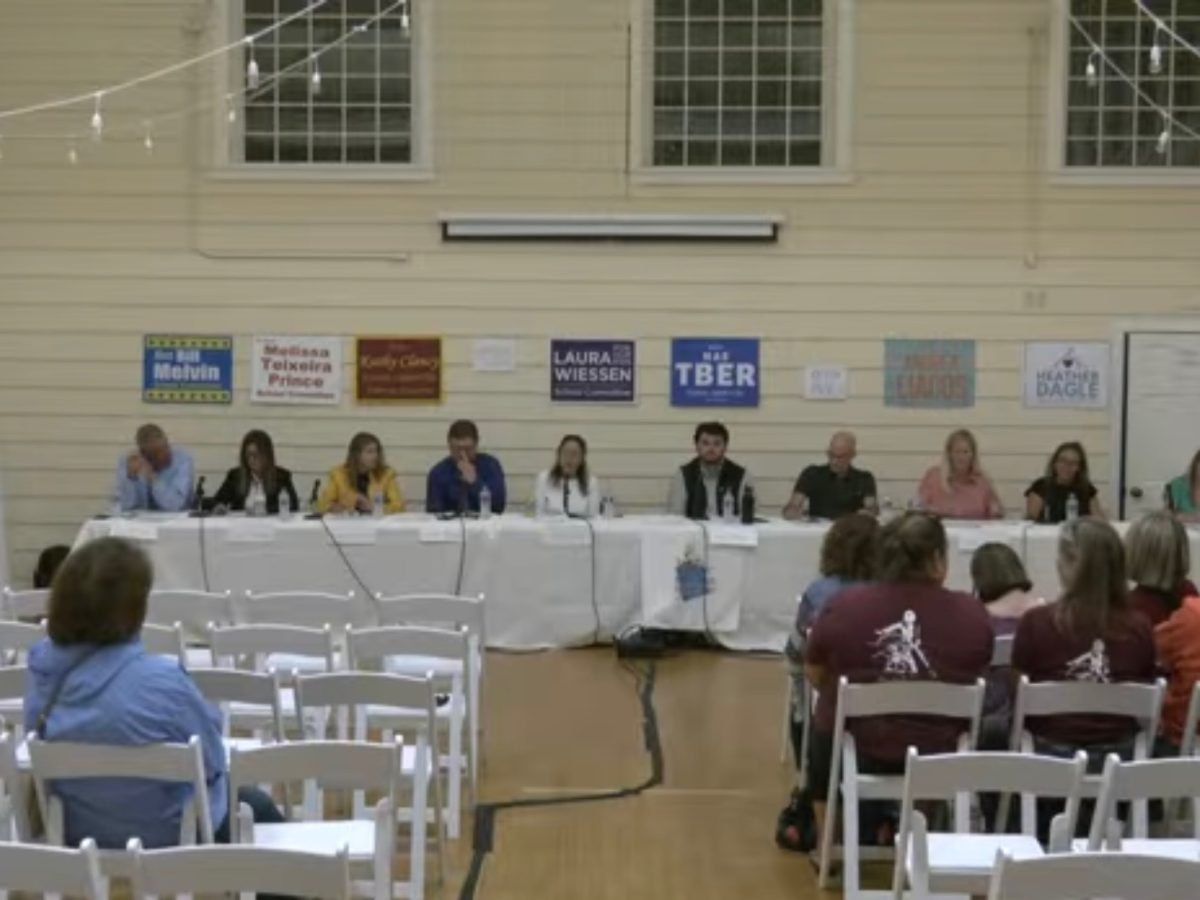


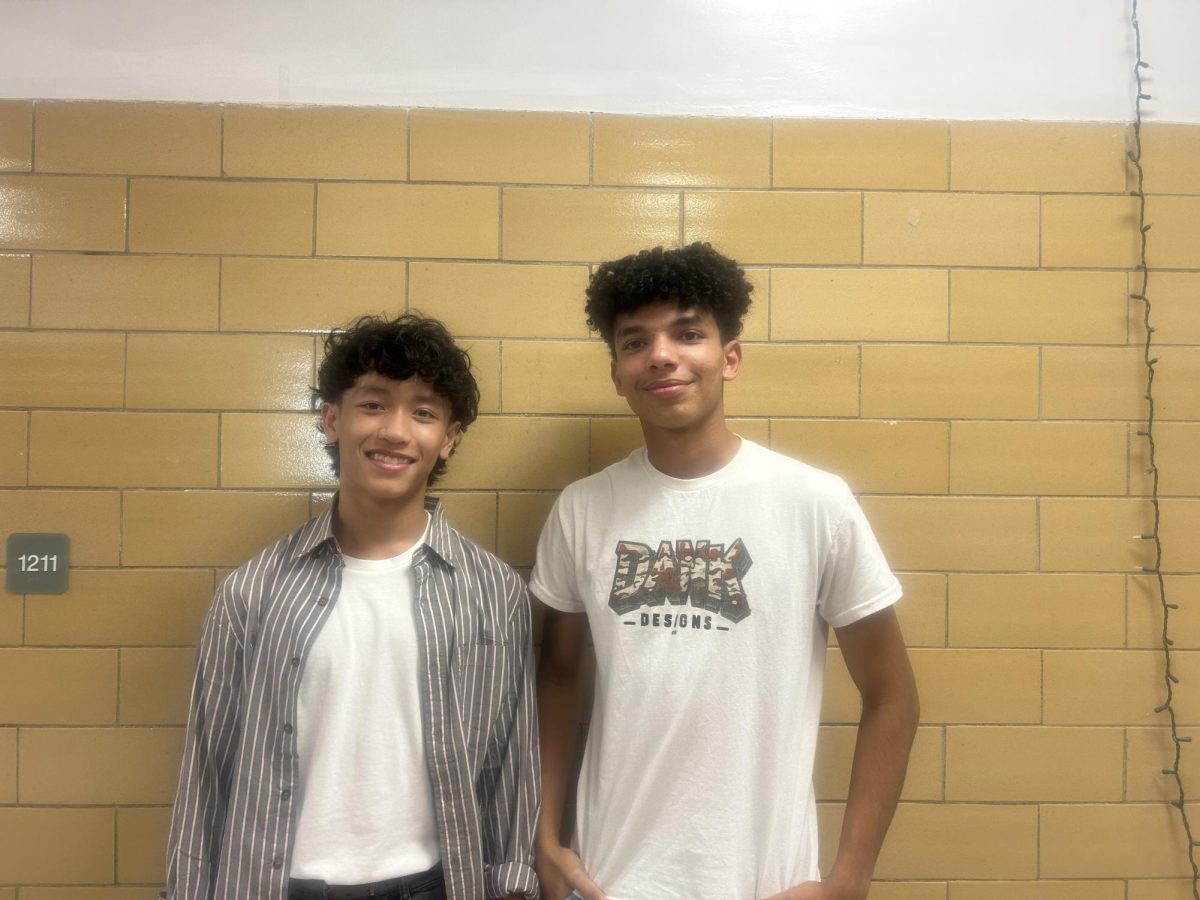
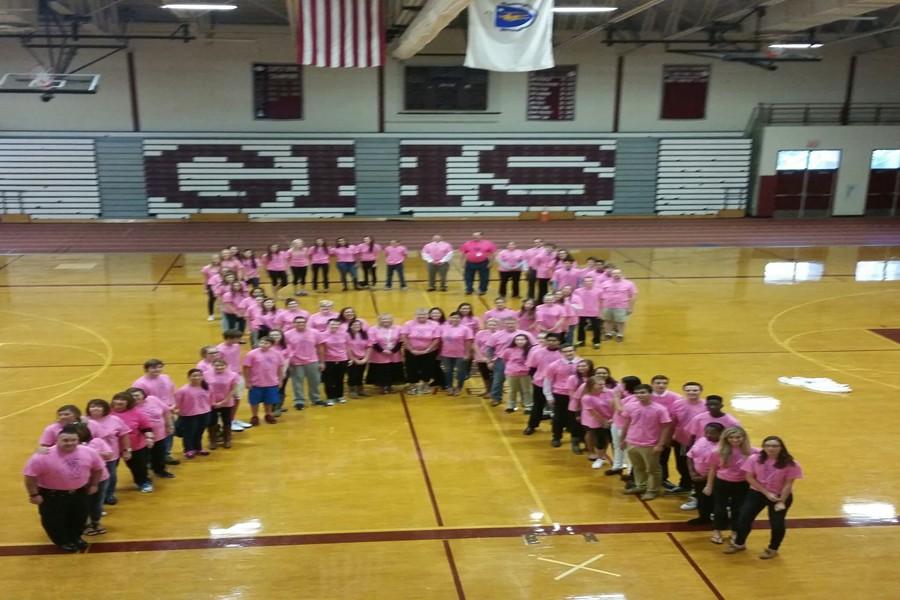





![The Volleyball team poses after their win. [Photo courtesy of GHS Volleyball]](https://thegillnetter.com/wp-content/uploads/2025/10/IMG_6936.jpg)
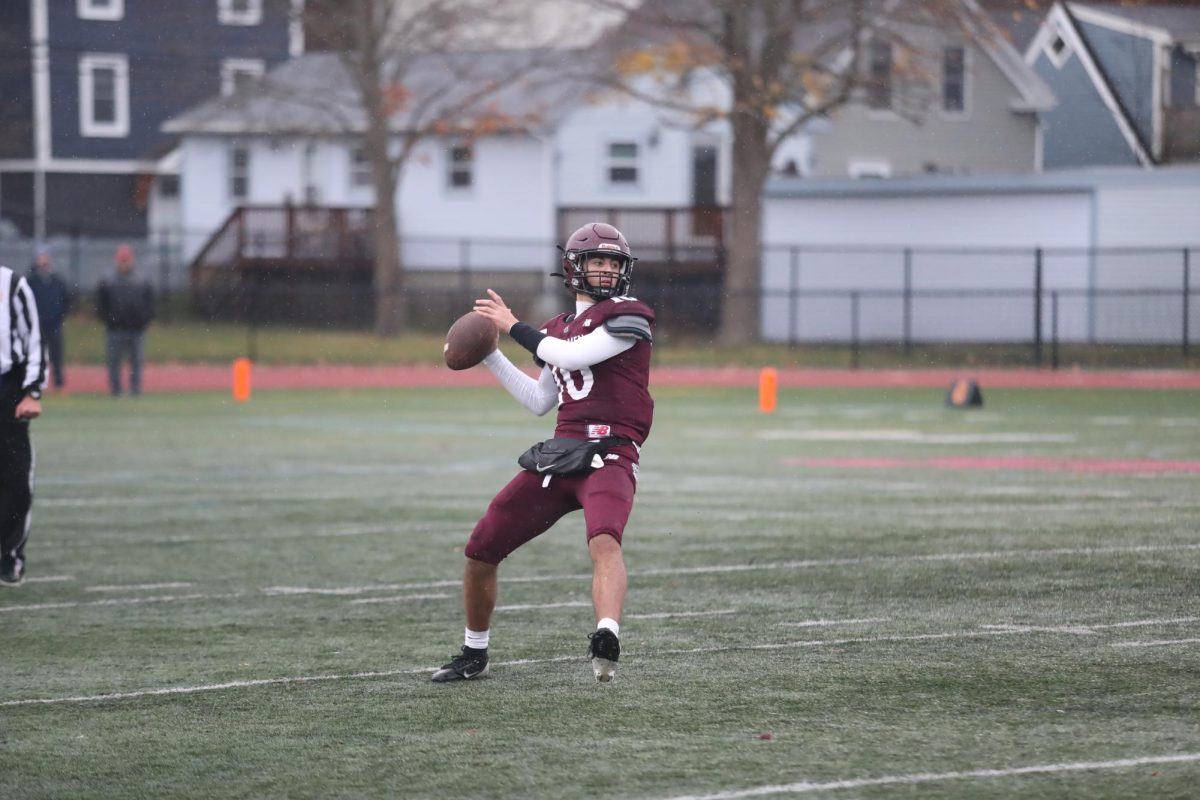

![The GHS/MERHS senior cross country runners pose together on Senior Night. [Photo courtesy of Manchester-Essex Athletics]](https://thegillnetter.com/wp-content/uploads/2025/10/Screenshot-2025-10-10-at-11.18.29-AM.png)
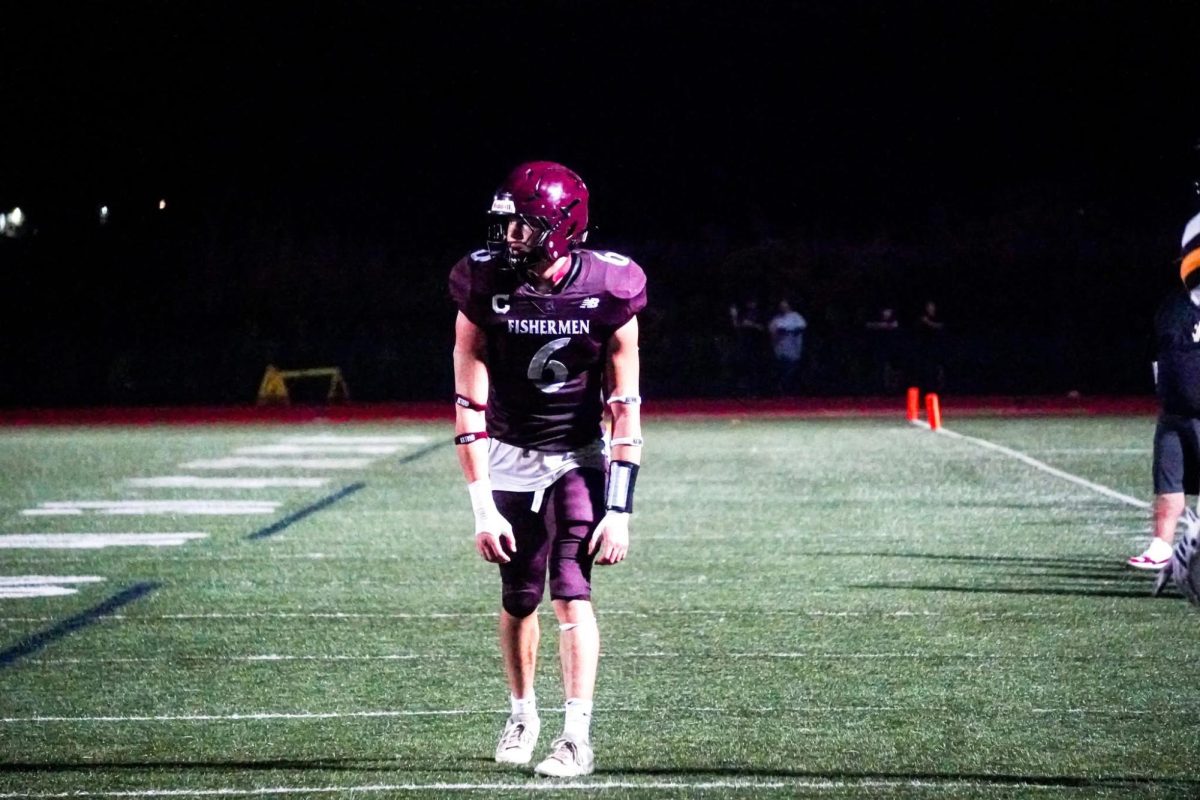





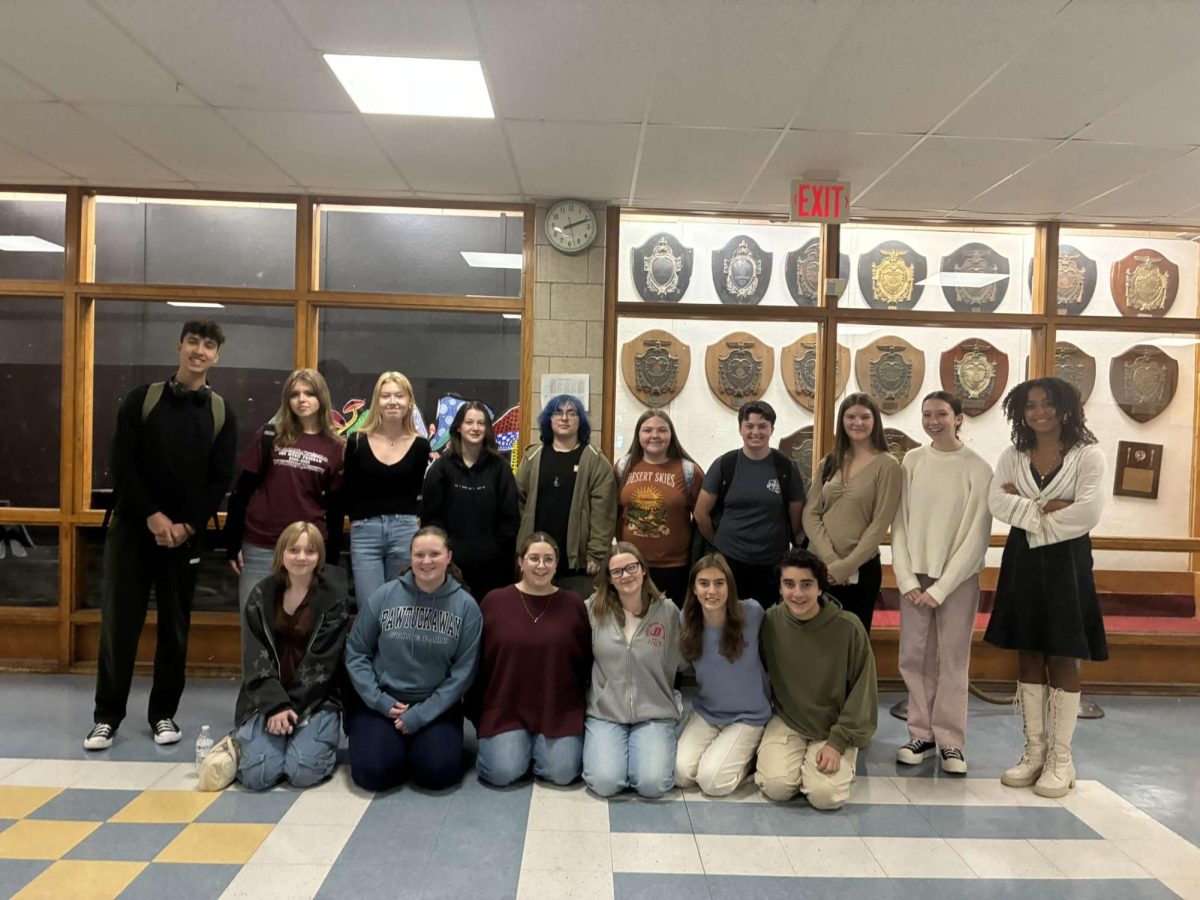









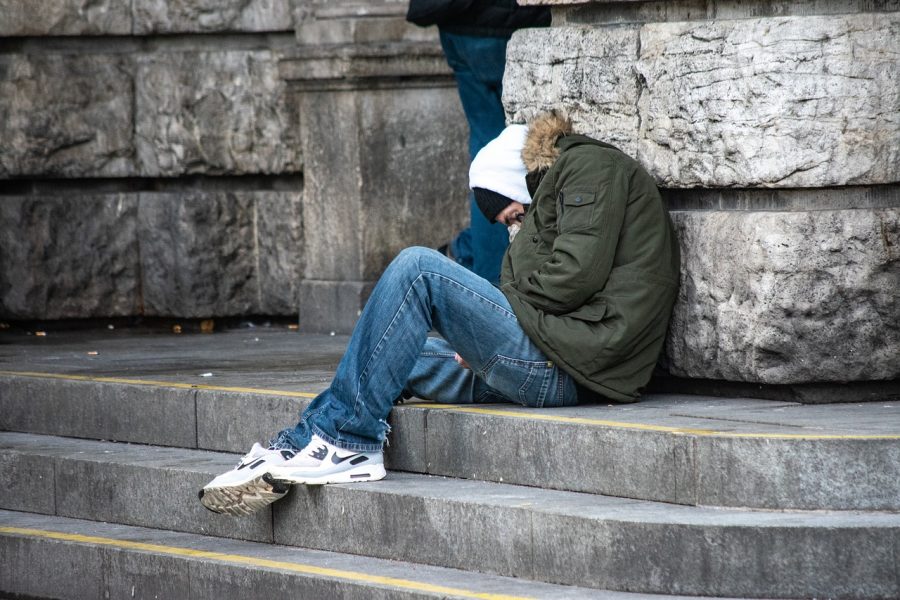


PATRICK BARRY • Apr 27, 2020 at 6:49 pm
Awesome job Owen
Ricahrd Muth • Apr 17, 2020 at 7:28 am
Glad to see the gillnetter putting out quality work during this time. Although I do not agree with all of the assumptions in this opinion piece it was well put together and I commend the writer and staff for another job well done.
Laura Richane • Apr 15, 2020 at 9:42 pm
Thank you for writing about this important issue.
Thomas Denman • Apr 15, 2020 at 2:50 am
Great piece Owen!
Starting to feel I’ll just hit The Gillnetter for my news instead of the local commercial alternative. Keep up the good work!